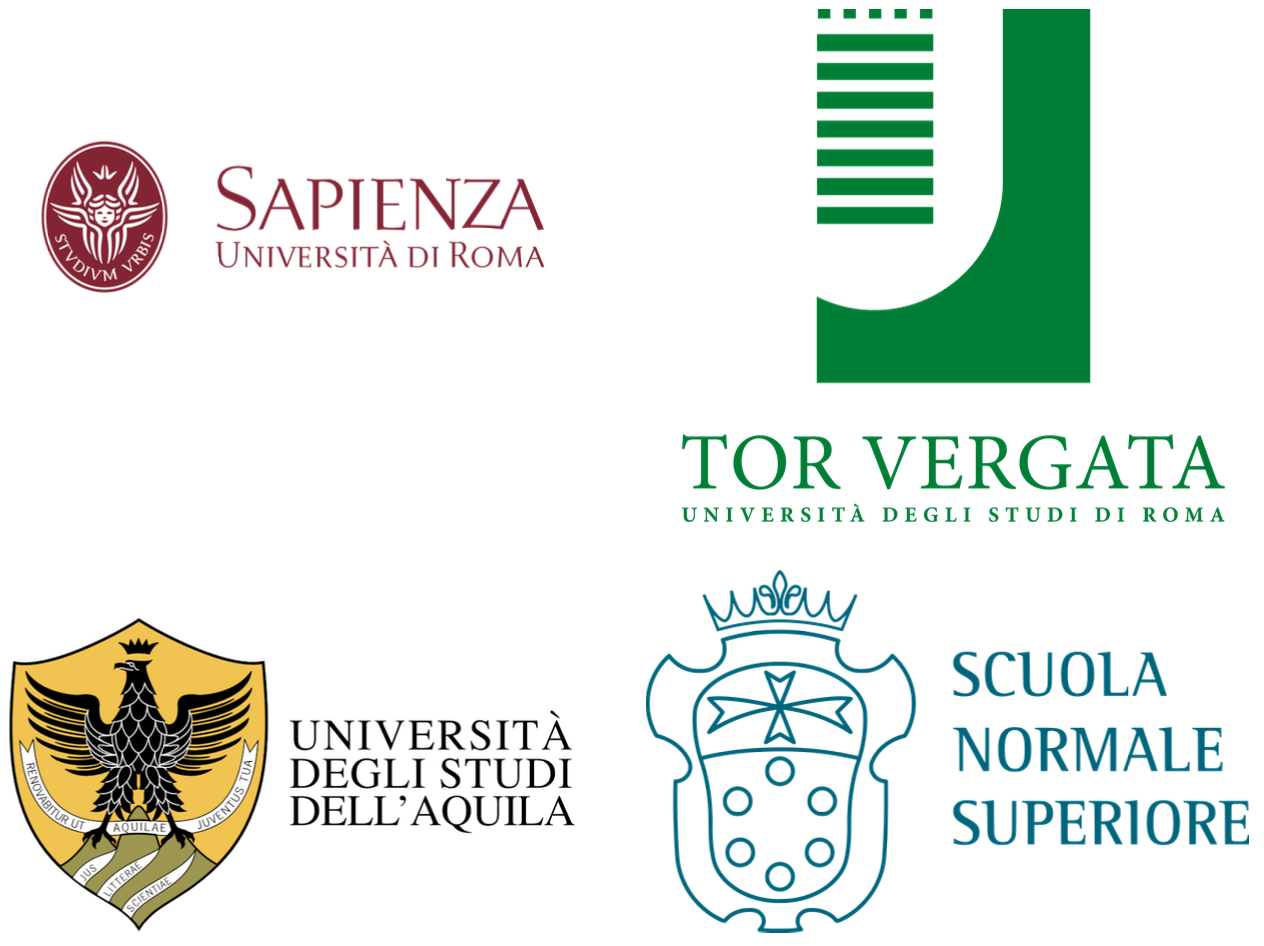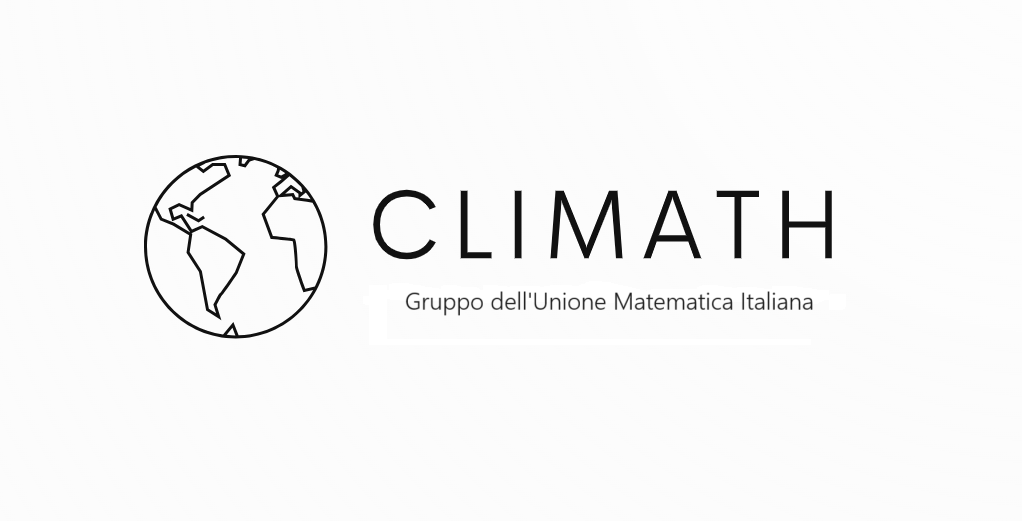- Indico style
- Indico style - inline minutes
- Indico style - numbered
- Indico style - numbered + minutes
- Indico Weeks View
Some Mathematical Approaches to Climate Change and its Impacts
→
Europe/Rome
Aula Fermi, Palazzo della Carovana (Scuola Normale Superiore, Pisa)
Aula Fermi, Palazzo della Carovana
Scuola Normale Superiore, Pisa
Piazza dei Cavalieri, 7
, ,
Description
Climate Change is one of the most challenging problems we are facing right now, which can impact the well-being of humanity in the near future. Mathematics is a key discipline, which can produce models and study the impact of climate change.
The PRIN-PNRR project “Some Mathematical Approaches to Climate Change and its Impacts” is devoted to the study of these themes. On this webpage, you can find all the information for its kick-off meeting, which will take place in Pisa on 22 and 23 April 2024.
This project is being carried out by Università degli Studi di Roma La Sapienza, Università degli Studi di Roma Tor Vergata, Università degli Studi dell'Aquila and Scuola Normale Superiore.

This workshop is supported by the PRIN22PNRR-Project N.P20225SP98 “Some mathematical approaches to climate change and its impacts” - Finanziamento dell’Unione Europea - NextGenerationEU, M4c2, and the and the UMI CliMath group.


Organization committee: Fabio Camilli, Piermarco Cannarsa, Gianmarco Del Sarto, Donatella Donatelli, Franco Flandoli and Marta Lenzi.
Streaming: click here.
Info
